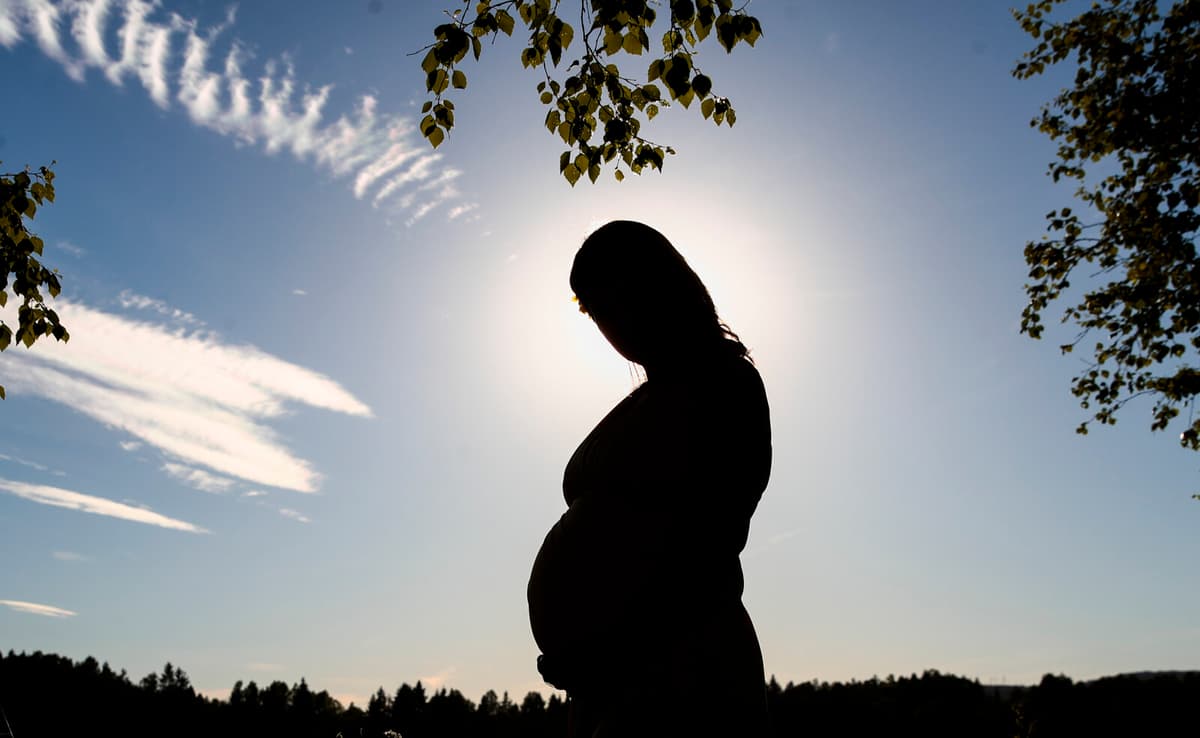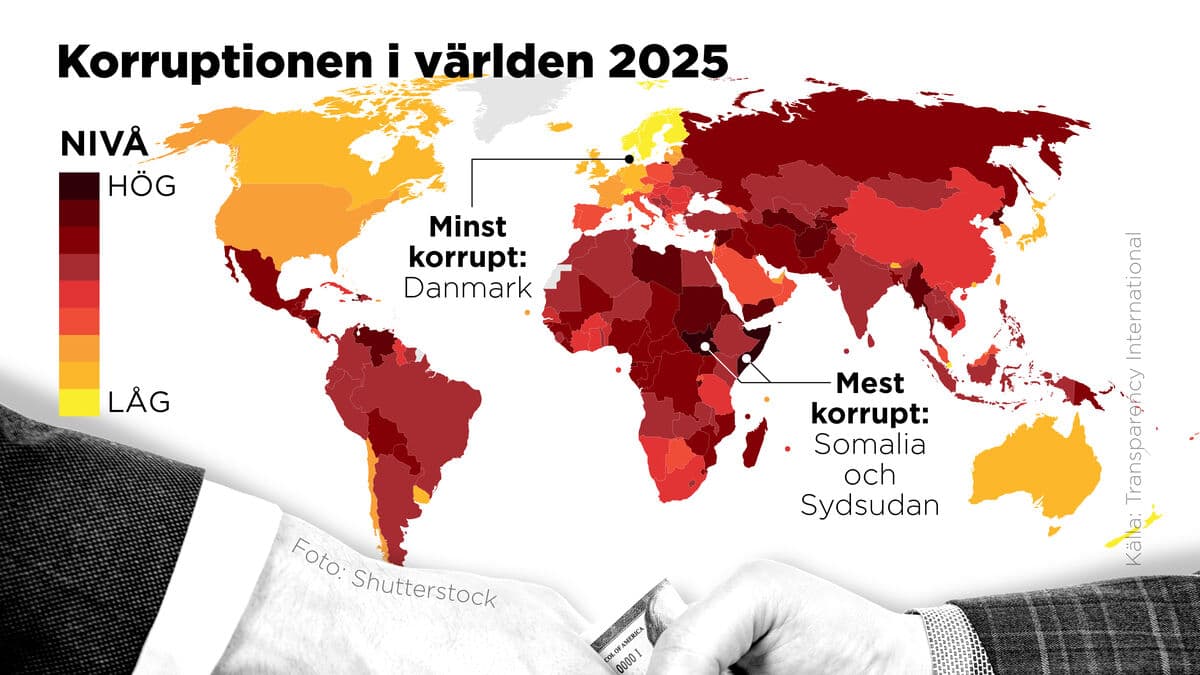The legal situation is unclear, says one of the council's experts, Mikael Sandlund.
The difficult question was raised by doctors and has been considered and debated by the medical ethics council for two years.
The situation arises approximately five to ten times a year in Sweden. It involves pregnancies with two or more fetuses in the womb, where very serious injuries are discovered in one of them.
The problem is that such injuries are often discovered after week 15 of pregnancy. If the injured fetus's life is to be terminated at this intermediate stage of pregnancy, there is a risk that the healthy fetus will also be lost.
Safer Later
The prospective twin or triplet parents risk not having any children at all, or that the healthy child will be born very prematurely, with a high risk of serious complications.
For the healthy fetus, it is safer to perform the procedure between weeks 26 and 32 of pregnancy, but on the other hand, the seriously injured fetus's protection value is at stake.
The protection value of the sick fetus increases to the same extent as that of the healthy fetus, so it becomes a conflict between these values, says Mikael Sandlund.
Here, the healthy fetus's protection value takes precedence over that of the sick fetus, the council has concluded.
Comprehensive Information
Expertise in medicine, ethics, and care should be included in the team that the responsible doctor has around them when making the decision to offer the procedure to the parents, the council believes. And the parents must receive comprehensive information.
It is the patient who accepts or declines the offered care. To accept or decline such a complex question requires extremely comprehensive and qualified information, says Mikael Sandlund.
The statement from the medical ethics council is a recommendation. The council believes that the current regulations are unclear and is therefore turning to the government with a call for special regulation for greater legal certainty.






